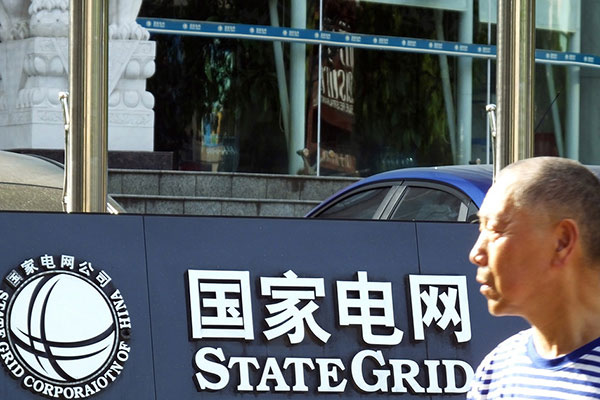China fights hard battle against shadow banking
For instance, many LGFV-funded projects have had to take on new debts to cover old ones, and narrowing cash pipelines may result in waves of defaults.
As shadow banking activities unwind, China may see slower economic growth later in the year and higher non-performing loans (NPLs) in the banking sector, according to Wang Tao, chief China economist at UBS.
Still, both Chang and Wang said a financial meltdown is unlikely.
Steering money away from shadow banking and into the real economy, especially to industries that are crucial to China's economic upgrade, is regarded as an ideal way to defuse the risks accumulated in credit expansion.
"Companies critical to our country's economic upgrade are crying for financing, but a great deal of money refuses to go to the real economy," said Jiang Yongxiang, chairman of BMC, a Shanghai-based investment fund that specializes in tech companies. "Even if a small part of shadow banking funds can be transferred to the real economy, our country's economic upgrade would rise to new heights."
While curtailing shadow banking is not easy, taking money out of circulation in the financial sector to prop up the real economy is even harder, as the real economy does not make good money nowadays. With both foreign and domestic demand waning, corporate profitability is declining sharply.
"Even succeeding, we may repeat some failures made during the last two decades," J.P. Morgan China economist Zhu Haibin said, referring to the steel and cement industries, which were once "strategic industries" but are now beset by overcapacity. "It's better not to force banks to provide loans to certain industries."



















